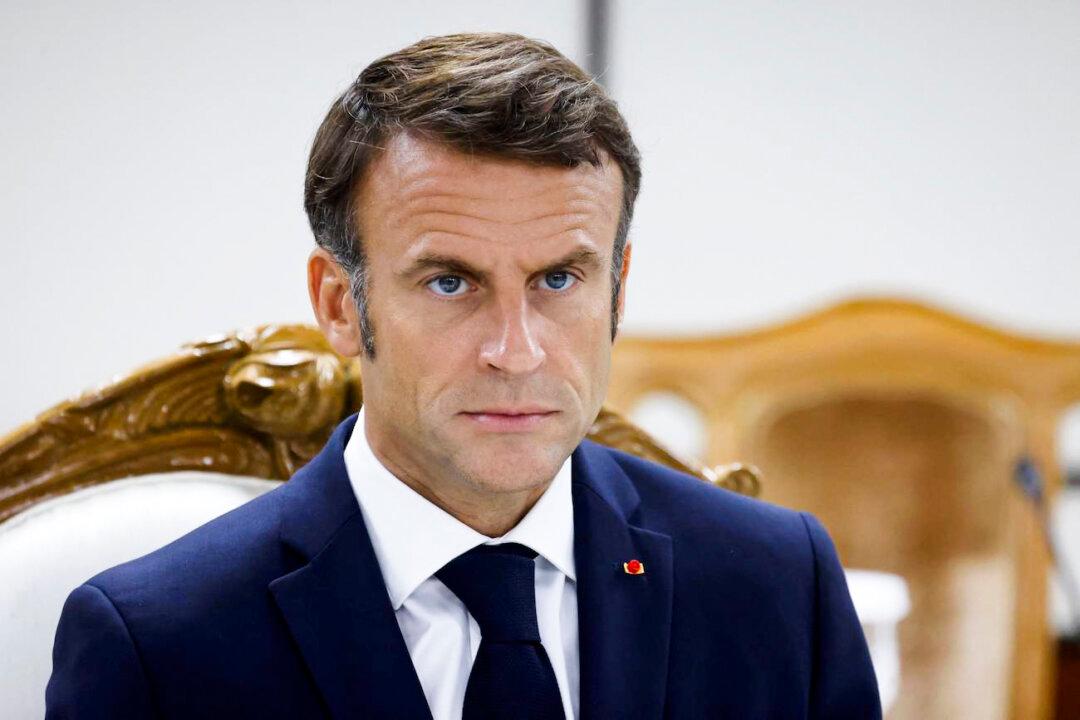French President Emmanuel Macron said his decision to call early parliamentary elections in June 2024 had created more instability than peace.
Last June, Macron dissolved the French National Assembly and called for a snap election after the right-wing National Rally party made gains in the European Union parliamentary elections.




